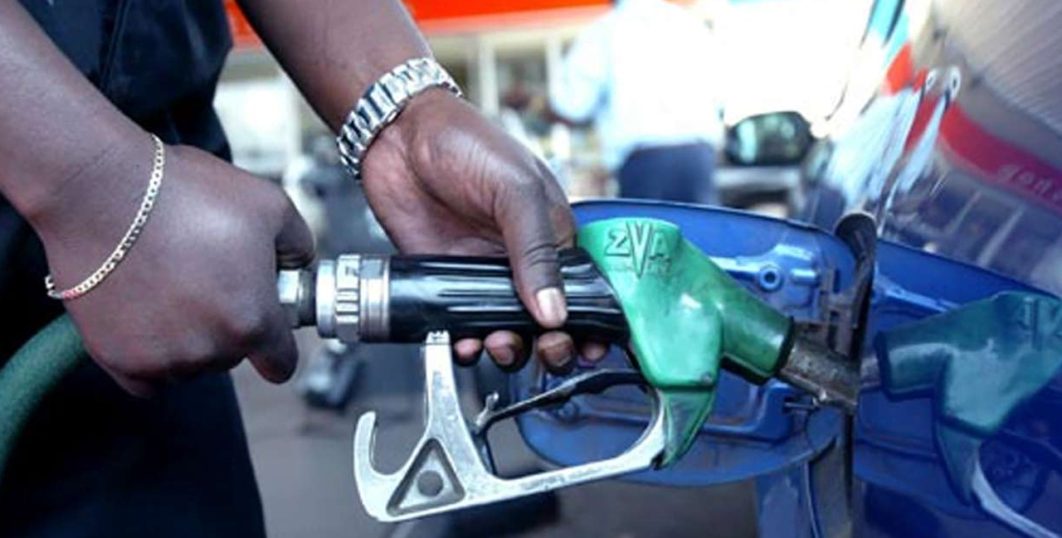
The Independent Media and Policy Initiative (IMPI) has said fuel subsidies choked Nigeria’s growth, noting that the country wasted $30 billion on subsidies that could have been redirected to fund critical sectors of the economy.
The organisation noted that fuel subsidies stifled Nigeria’s development, pointing out that the amount could have been channelled to other critical infrastructure like healthcare and education.
IMPI chairman, Niyi Akinsiju, stated this at a press conference in Abuja at the weekend.
He argued that the government’s subsidy policy, introduced in 1973, has become an “economic weapon of mass destruction” that has strangulated the nation’s potential and wasted billions of dollars.
Akinsiju contended that subsidies were initially introduced as a temporary measure to cushion the impact of high oil prices.
He said the Petroleum Industry Act (PIA) empowers the NNPCL to determine prices based on market forces, stressing that any attempt to subvert this would be a breach of the law.
Akinsiju said the resistance of the Nigerian Labour Congress (NLC) to market-determined prices is misplaced and should focus on driving the vision of making Nigeria a refining hub.
He, therefore, appealed to Labour leaders and Nigerians to engage the government in channelling resources into developing the health and educational sectors and providing functional infrastructure.
He said: “This latest furore over fuel price increase is typical of other times. The Nigeria Labour Congress (NLC) has taken its traditional front role and, as always, pointing fingers at the federal government for being responsible for the price increase. However, as a body of analysts, we submit that all this trouble-mongering should stop.
“Despite the common knowledge that fuel subsidies were excluded from the second half of the 2023 budget, about 73 per cent of Nigerians interviewed in an opinion poll said they were dissatisfied with the removal.
“A further examination of the subsidy regime shows that households in the bottom 40 per cent of the income distribution account for less than three per cent of fuel purchases at the pump.
“According to a survey, private firms, public transportation services, government agencies, and other businesses consume three-quarters of all fuel sold in Nigeria. Most vehicles used for carrying large numbers of people and goods are diesel-powered and already deregulated. Also, Household Kerosene, which people with low incomes mainly use, is no longer subsidised, meaning that people with low incomes are already, to a large extent, paying market prices for their fuel. This means the government mainly subsidises those who can afford fuel at the market rate. So, whose interest is the NLC advancing?”






